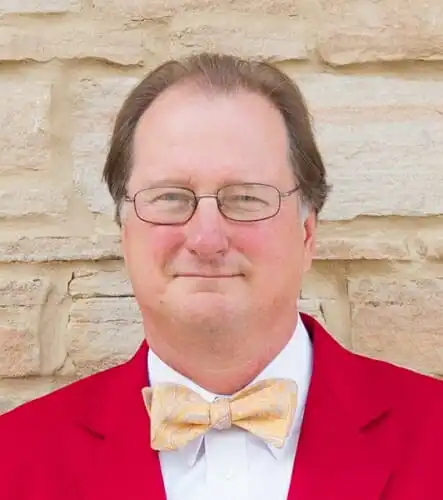
Prof. Mark D. Hill
University of Wisconsin-Madison
Mark D. Hill is the Gene M. Amdahl and John P. Morgridge Professor Emeritus of Computer Sciences at the University of Wisconsin-Madison, following his 1988-2020 service in Computer Sciences and Electrical and Computer Engineering. His research interests include parallel-computer system design, memory system design, and computer simulation. Hill's work is highly collaborative with over 170 co-authors. He received the 2019 Eckert-Mauchly Award and is a fellow of AAAS, ACM, and IEEE. He served on the Computing Community Consortium (CCC) 2013-21 including as CCC Chair 2018-20, Computing Research Association (CRA) Board of Directors 2018-20, and Wisconsin Computer Sciences Department Chair 2014-2017. Hill was a Partner Hardware Architect at Microsoft (2020-2024) where he led software-hardware some pathfinding for Azure. Hill has a PhD in computer science from the University of California, Berkeley.
More Information:
http://www.cs.wisc.edu/~markhill
Time
Thur., 14:30-15:30
Oct. 10, 2024
Venue
Jing Zhai 105
Abstract
When I was a new professor in the late 1980s, my senior colleague Jim Goodman told me, “On the computer architecture PhD qualifying exam, we don' t change the questions, we only change the answers.” More generally, I now augment this to say, “In computer architecture, we don' t change the questions, application and technology innovations change the answers, and it's our job to recognize those changes.” Eternal questions this talk will sample are how best to do the following interacting factors: compute, memory, storage, interconnect/networking, security, power, cooling and one more. The talk will not provide the answers but leave that as an audience exercise.